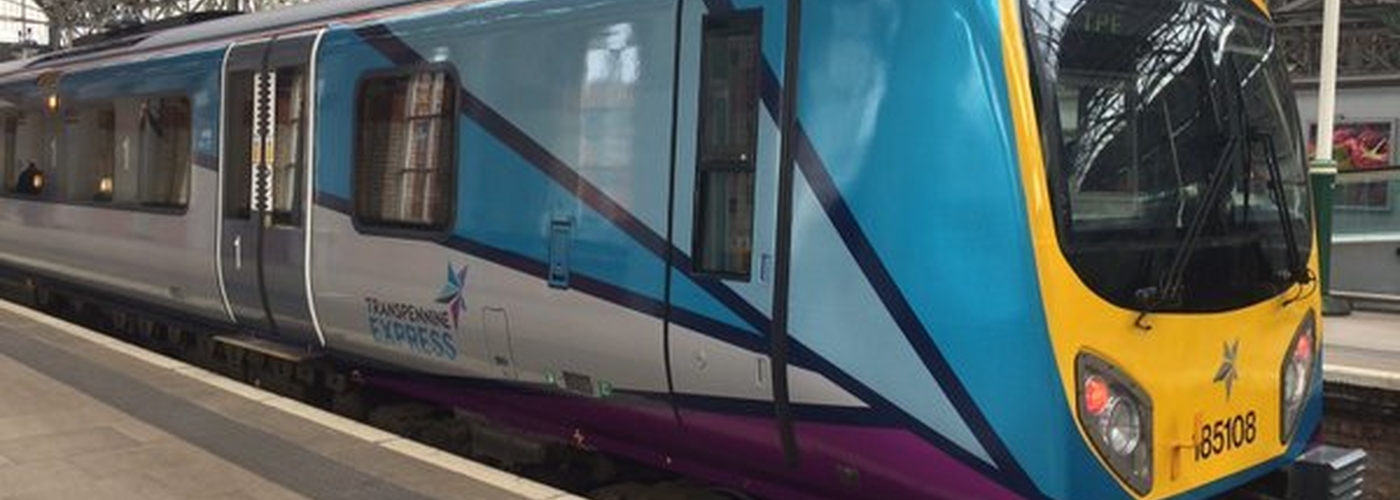Price hike piles misery on thousands of NW train users
Britain’s rail fares, already the highest in Europe, will cost even more from January, making the daily commute between Liverpool and Manchester even more unbearable.
Regular users at peak times, travelling along what was the world’s first inter-city passenger railway line, will have to find an extra £108 for their annual pass. From January that’s a formidable £3,152.
They are the biggest price hikes for five years. The Rail Delivery Group makes it sound like they are doing us a favour with their average 3.4 percent rise, or 3.6 percent higher for regulated fares. It’s below the current inflation level of 4 percent. Except that since January 2010 the fares have gone up by a whopping 29 percent.
For thousands of weary passengers it’s standing room only on morning and evening commuter trains. It makes you wonder what would happen if trains came under the Department for Environment, Food and Rural Affairs rather than the Department for Transport. Maybe the train operators could be prosecuted under animal suffrage laws, such are the cramped conditions on some trains.
Merseyrail doesn’t escape the price rise either, with a three-zone annual season ticket costing £874, an increase of £30.
In a land of stagnant wages and rocketing living costs you can lay money (if you’ve got any left) on council taxes going up next year, piling on the misery.
For some people the cost of train travel will become too costly, forcing more to make their journeys by car and adding to the pollution and frustration. In the case of Manchester and Liverpool that could easily extend the M62 peak time crawl between two cities, just 40 miles apart, to beyond two hours.
Squashed in again on the Manchester to Chester train! Lots of people unfortunately unable to get on. No other trains for an hour. Still increasing fares in January though 👌🏻 @ArrivaTW pic.twitter.com/DxknUVONu4
— Gemma (@gemmaw1312) December 6, 2017
5:13 Liverpool - Manchester Airport always late departing, 2 years apparently we have to put up with overcrowding with train fares going up. And more people getting on #trainfares pic.twitter.com/d70qyzIbcL
— Ryan Fitz (@Ryanfitzpics) December 6, 2017
Contrast the service (and cost) of rail travel here with Japan where, a few weeks ago, there was a grave apology because a train was a few seconds late.
It’s not as though the rail companies (often owned by European operators) are short of a few bob. As the Walton MP Dan Carden pointed out in the House of Commons a week ago the train company operating Merseyrail makes millions of euros in profits.
He told MPs in a debate on the controversial plan to axe the jobs of more than 200 train guards: “Almost a quarter of Merseyrail’s income from passengers is swallowed up in profit. Merseyrail’s owners, Serco and Dutch state-owned Abellio, can expect to pay out average dividends of £6.7 million each.
Read: Anderson and Rotheram blamed for Merseyrail dispute
The RMT General Secretary Mick Cash said; "These fare increases are another kick in the teeth for British passengers who will still be left paying the highest fares in Europe to travel on rammed out, unreliable trains where private profit comes before public safety.
"For public sector workers and many others in our communities who have had their pay and benefits capped or frozen by this government these fare increases are another twist of the economic knife while the private train companies are laughing all the way to the bank."
The answer to our economic recovery, so we are led to believe, is the success of the Northern Powerhouse. Improved transport links from west to east are vital to make a success of it, but it’s little use having super fast express trains if the fares are out of people’s reach.
Happy new year.











